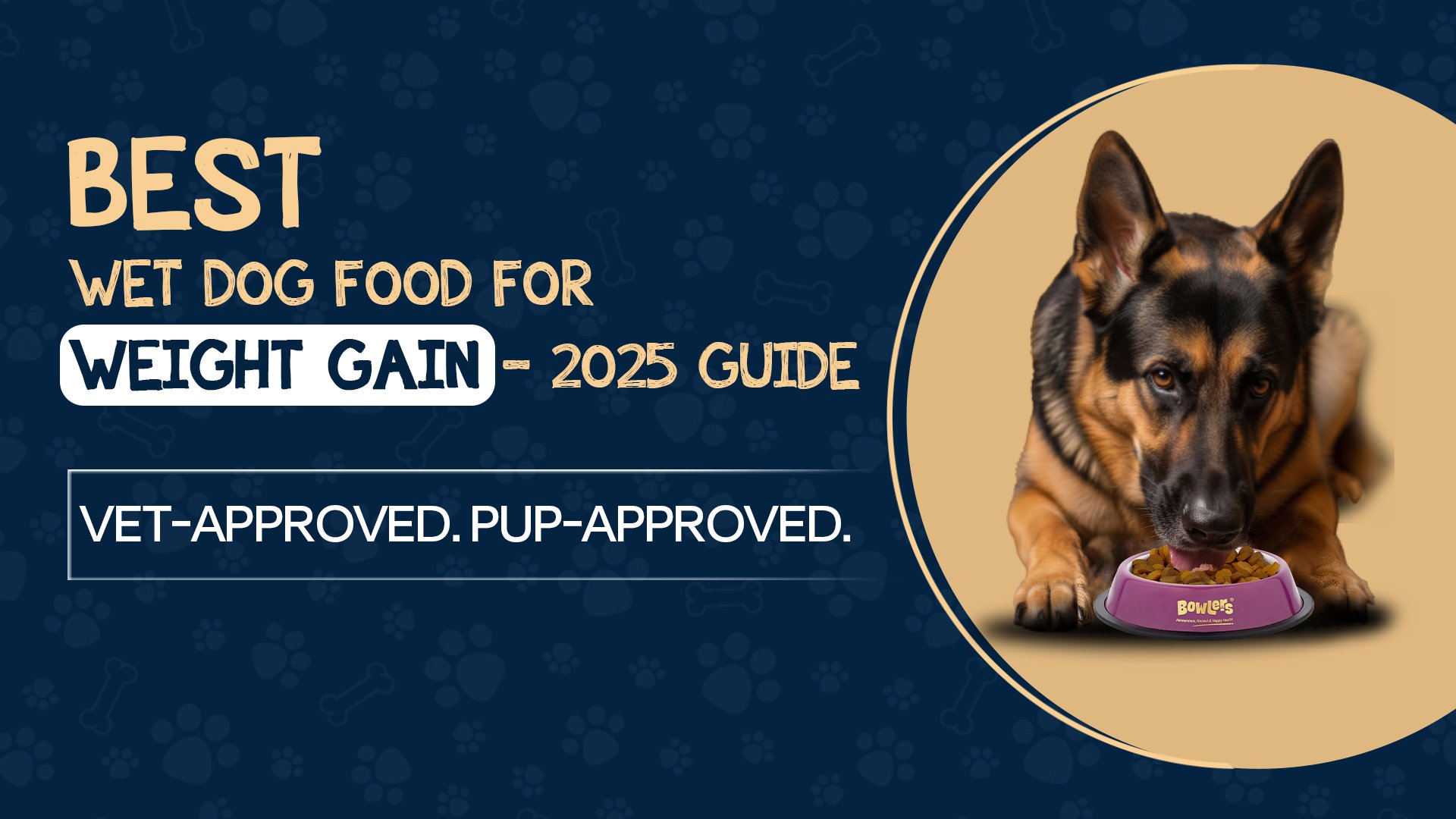Best Supplements for Dogs: Do They Really Need Them?

When it comes to your dog’s health, nutrition is the foundation.
A balanced dog food should, in most cases, provide all the essential nutrients your pet needs. But with so many products marketed as the best vitamins for dogs, pet parents often wonder: are supplements truly necessary?
This article explores the role of supplements in canine health. We will share a practical dog supplements list, explain when they may be beneficial, and help you separate hype from real nutritional support.
Do Dogs Really Need Supplements?
Not every supplement is necessary, but certain categories have been studied for potential benefits. Here is a breakdown of the most common ones:
1. Dog Joint Supplements
- Glucosamine & Chondroitin: Support cartilage health and mobility.
- MSM (Methylsulfonylmethane): May reduce inflammation in joints.
Best for: Large breeds, senior dogs, or those prone to arthritis.
2. Omega 3 for Dogs
- Found in fish oil, krill oil, or flaxseed oil.
- Supports skin health, reduces inflammation, and promotes brain function.
Best for: Dogs with itchy skin, dull coats, or joint inflammation.
3. Best Vitamins for Dogs
- Vitamin A: Vision, skin, and coat health.
- Vitamin E: Antioxidant support.
- B complex vitamins: Energy and metabolism.
Best for: Dogs with deficiencies (rare in balanced commercial diets).
4. Digestive Health Supplements for Dogs
- Probiotics: Balance gut bacteria, support digestion, and immunity.
- Prebiotics: Feed the good bacteria in the gut.
Best for: Dogs with sensitive stomachs or recurring digestive issues.
5. Natural Supplements for Dogs
- Turmeric: Anti-inflammatory properties.
- Coconut oil: May support skin and coat health.
- Chamomile: Sometimes used for mild anxiety or stomach upset.
Best for: Targeted use under veterinary guidance.
6. Amino Acid Supplements for Dogs
DL-Methionine: An essential amino acid that supports liver function, healthy skin, and urine pH balance.
Best for: Dogs requiring support for urinary health or skin and coat issues.
7. Antioxidant Supplements for Dogs
Cranberries and Blueberries: Packed with antioxidants that support immune health and urinary tract function.
Best for: Dogs needing extra antioxidant support or those prone to urinary issues.
When Supplements Make Sense
Supplements shouldn’t replace a balanced diet, but they can be beneficial in specific situations:
- Homemade Diets: Even the best homemade diet for dogs can sometimes miss critical nutrients. Calcium, zinc, or certain vitamins may need to be added.
For more on this, see: Homemade Dog Food vs Store Bought - Senior Dogs: Aging pets may benefit from dog joint supplements or omega fatty acids to keep them active and comfortable.
- Digestive Issues: If your pet has frequent diarrhea or bloating, digestive health supplements (like probiotics) may restore balance.
- Skin & Coat Problems: Omega 3 and natural oils can reduce dryness, itching, and shedding.
- Medical Conditions: Some dogs with liver, kidney, or immune conditions may require vet-prescribed vitamins or minerals.
The Risks of Over Supplementing
Not all supplements are safe, especially if given without veterinary advice. Risks include:
- Vitamin toxicity (too much vitamin A or D can damage organs)
- Imbalanced diets (supplements may throw off nutrient ratios)
- Poor quality products (unregulated supplements may contain contaminants)
That’s why supplements should always complement a proper diet, not replace it.
Curious about avoiding diet pitfalls? Read: Common Dog Feeding Mistakes and How to Avoid Them
Supplements vs Portion Control
Sometimes pet parents reach for supplements when the real issue is improper feeding amounts. Too much or too little food can mimic nutrient imbalances. Before adding supplements, make sure your dog’s portions are correct.
For guidance, see: How Much Should You Feed Your Dog Daily? Breed & Weight Guide
The Bowlers Perspective on Supplements
At Bowlers, we believe the cornerstone of health is a balanced, complete diet. That’s why our recipes are carefully crafted to provide essential nutrients without the need for add-ons. In fact, all the supplements mentioned above are included in our formulation to support your dog’s overall well-being.
However, we also recognize that certain dogs—due to age, breed, or health concerns—may benefit from additional targeted supplementation under veterinary guidance.
Our approach is simple:
- Prioritize high quality, balanced meals first.
- Use supplements only when necessary and under veterinary advice.
- Educate pet parents with honest information, not marketing hype.
Supplements can play a role in canine health, but they’re not magic fixes. A high quality diet should always come first.
Use this dog supplements list as a guide, but remember that the best vitamins for dogs, dog joint supplements, omega 3 for dogs, and other additions should only be introduced when truly needed.


